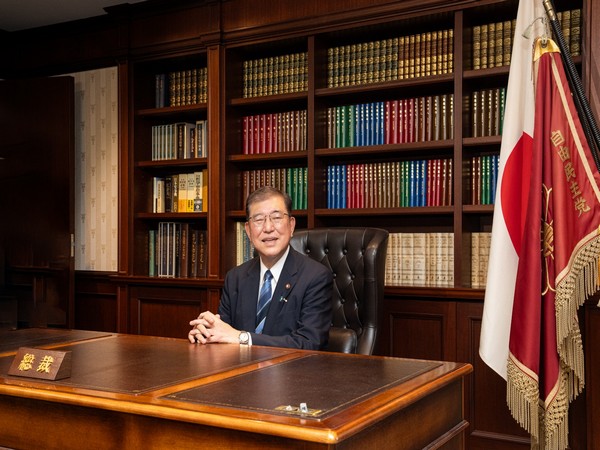Tokyo [Japan]: Japan’s Defence Ministry has reported that North Korea launched at least one ballistic missile on Thursday morning, suspected to be an intercontinental ballistic missile (ICBM)-class weapon.
The missile, launched at 7:11 am local time, flew eastward from within North Korea’s interior before landing outside Japan’s Exclusive Economic Zone (EEZ) in waters approximately 200 kilometers west of Hokkaido’s Okushiri Island at 8:37 am, NHK World reported.
Japan’s Defence Minister Nakatani Gen stated that the missile’s flight duration of one hour and 26 minutes marks the longest-ever trajectory of a North Korean ballistic missile. He further noted that the missile travelled around 1,000 kilometres and reached a peak altitude of approximately 7,000 kilometres.
This launch marks North Korea’s 12th ballistic missile or suspected ballistic missile launch this year, and the first ICBM-class missile launch since December 2023. Government sources indicated that the missile might have been launched on a lofted trajectory, meaning it was fired at an unusually steep angle.
In response to the incident, Japan’s Prime Minister Ishiba Shigeru announced plans to convene the National Security Council to address the potential threat posed by the launch, reported NHK World.
Following the launch, the Prime Minister’s Office issued an emergency alert on X (formerly Twitter), stating: “North Korea has launched a suspected ballistic missile. More updates to follow.”
A subsequent post outlined the Prime Minister’s instructions for responding to the missile launch, emphasising the need to “dedicate maximum effort to gather and analyse information, and provide the public with information in a timely and appropriate manner.”
Additional directives included ensuring the safety of aircraft, vessels, and other assets, and implementing precautionary measures for potential contingencies.
Japanese coast guard officials have reported no immediate reports of damage resulting from the missile launch. Meanwhile, South Korean defence authorities confirmed their belief that the missile was launched from an area near Pyongyang, with a statement on Wednesday warning that North Korea could soon test an ICBM, NHK World reported.
Prime Minister Ishiba’s actions and the heightened alert status reflect the ongoing concerns in Japan and South Korea regarding North Korea’s missile testing activities, which continue to challenge regional security and stability in Northeast Asia.


